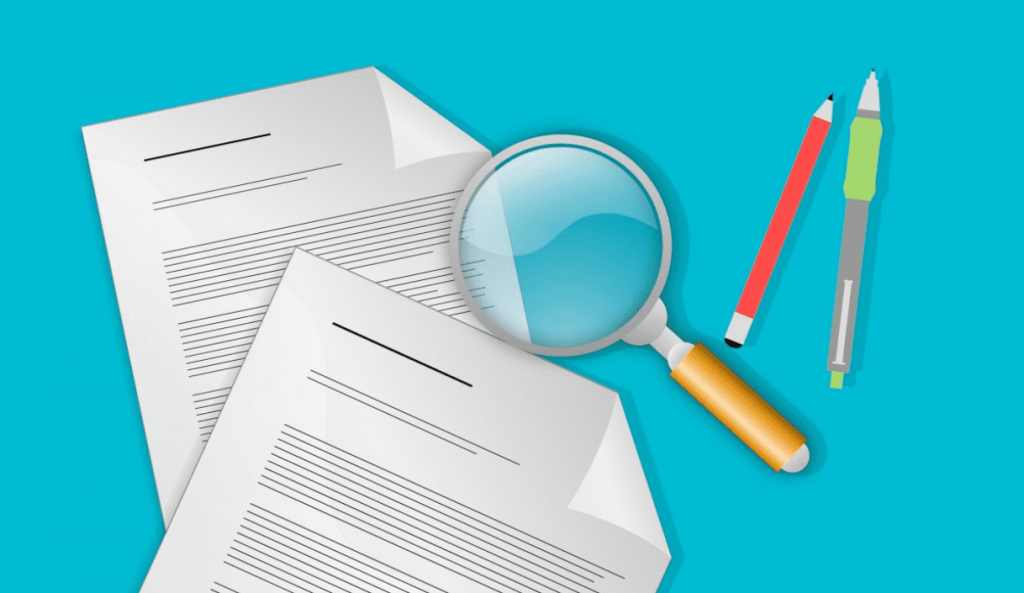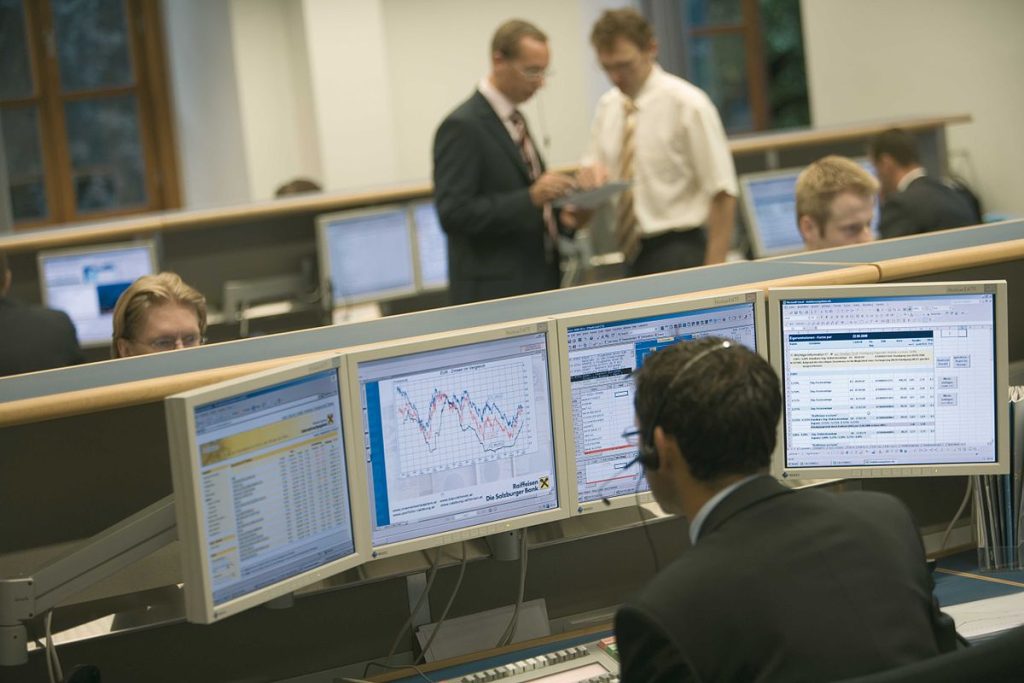The foreign exchange market, also called the forex market and the fx market, is one of the largest financial markets in the world. It is worth over US$6 trillion. It has the highest liquidity of all financial markets.
Forex is the exchange of one currency for another. The demand and supply of a currency determines its value, or worth, in another currency. Every day, billions of U.S. dollars worth of currency is traded in foreign exchange markets around the world.
The forex markets determine the cost of goods and services, inflation rates, central bank loan rates, and the exchange rates of foreign currencies. These markets are able to function because there are thousands of people powering them.
Although there are a number of ways to enter the forex market, there are a few traditional jobs that people take to move up in the forex industry.
Here are a few jobs you may want to consider if you want to work in a foreign exchange trader job or in a supporting role in the foreign exchange industry.
Also Read: What are the Different Types of Traders?
Contents
- Foreign Exchange Trader Jobs
- Forex Market Analyst
- Forex Account Manager
- Forex Industry Regulator
- Forex Exchange Operator
- Forex Trader
- Forex Broker
- Forex Software Developer
- Educational Requirements & Skills
- Wrap Up
Foreign Exchange Trader Jobs
For people interested in following a traditional, predictable path in the foreign exchange industry, there are a series of jobs that naturally lead to more and more responsibility and bigger and bigger paychecks.
Let's look at some common positions held by people with careers in foreign exchange.
Forex Market Analyst

Forex market analysts, also referred to as currency researchers and currency strategists, do market research for brokerages. Their job is to research and analyze currencies and factors that may affect their value. They use their research to write daily market commentaries and daily reports about the forex market, and how economic and political events affect currency values.
Market analysts use technical, fundamental, and quantitative analysis to write informed opinions and news updates about the foreign exchange market. Their analysis and reports must be done quickly so that they can keep pace with the constantly changing forex markets and the events that affect them. Their reports are read by independent investors, institutional investors, and as supporting evidence for their trading decisions.
Market analysts may also establish themselves as experts in this field by creating a media presence. Their presence in the media will help them become a trusted and respected expert and professional in their area.
Forex Account Manager

Forex account managers, also known as professional traders and institutional traders, are successful forex traders who have become professional traders. Currency mutual funds and hedge funds that deal in forex trading need account managers and professional forex traders to make buy/sell decisions for them. They are also employed by banks, multinational corporations, and central banks that need them to set up and maintain hedges against foreign currency value fluctuations.
Account managers may also provide service for wealthy individuals. They will advise their clients about potential trades, which trades should be executed and when, and the best trading strategies based on their clients’ financial goals and risk tolerance.
This is a high stakes foreign exchange trader job that oversees large accounts and carries a lot of responsibility. It is even more stressful because the account managers are responsible not only for their reputations, but their employers' reputations too.
Forex Industry Regulator

Forex industry regulators perform a number of roles in the forex industry and help prevent fraud. They are employed by the public and private sector.
Governmental agencies, international organizations, and private regulatory bodies may retain lawyers, auditors, economists, futures trading specialists, investigators, and management professionals to perform compliance-related tasks.
Their jobs, in general, are to check for compliance with governing laws and regulations, ensure that there is compliance, and identify potential problems and conflicts.
Forex Exchange Operator

Foreign Exchange Operators, also known as Trade Audit Associates and Exchange Operations Managers, provide high level customer service for individual accounts. They process new accounts, verify customers' identities as required by U.S. federal law or international law. Moreover, they process clients' deposits, withdrawals, transfers, and other customer service related functions for private accounts.
Forex Trader

Forex traders trade currency pairs on forex markets. They are responsible for staying up-to-date on current events and being aware of what is happening in their area(s) of interest. Their knowledge of forex markets, global events, and analytical skills make them valuable employees to institutional investors.
Institutional investors employ them to execute trades for them. They are employed by investment banks, multinational banks, multinational corporations, investment management firms, and central banks. They may also be self-employed.
Forex Broker

Foreign exchange brokers, also called currency trading brokers, are companies that provide trading platforms and supporting services to forex traders. They create proprietary trading platforms. The platforms give users access to market data market chats, forex reports and commentaries, educational tool, and technical analysis indicators.
They provide services for retail and institutional forex trader. The institutional forex traders primarily work for investment firms, multinational companies, hedge funds, mutual funds, pension funds, and other large, well-capitalized organizations.
Competition between brokers is high. Thus, companies try to dis themselves from their competition by offering more services, lower prices, demo accounts, sessions with experienced traders, and an online community of traders.
Also Read: US Forex Brokers; A full breakdown
Forex Software Developer

Forex software developers work for brokers. They build, maintain, and improve the proprietary trading platforms used to attract currency traders. The software developers create the analysis tool, algorithms that produce the charts, and other tools that make the trading platform useful and valuable to its users.
These professionals are responsible for creating high-quality, reliable software. More than just creating great programs, they must make them user-friendly and attractive.
The developers may be required to have operational knowledge of UNIX, LINUX, and/or Solaris. In addition, they should have knowledge of and familiarity with Python, Javascript, SQL, Perl, and Ruby.
Educational Requirements & Skills

Foreign Exchange Trader Jobs

The traditional path to entering this job type is to get a bachelor's degree in a related field (e.g., economics, finance, statistics). These professionals must have strong mathematical skills, strong analytical skills, problem-solving skills, be detail oriented, and have the ability to identify problems in the market and potential market solutions to them.
Software Developers and Other IT Professionals
professionals in the IT area make everything work and bring the forex market to traders' laptops and mobile phones. With this job type, they will have a bachelor's degree in computer science, information technology, or other technology-related areas.
Their jobs do not require them to have knowledge of or experience with financial markets, forex trading, foreign exchange contracts, or any kind of trading. However, they must be able to understand what their company needs and wants and produce it. To do this in a time efficient and cost-effective manner, experience in foreign exchange or foreign exchange trader jobs greatly benefits them.
Self-Taught Experts

People can do all of these jobs without a bachelor's degree. If people have forex trading experience, skill, ability, and a strong track record, they will find opportunities to work in this industry.
Wrap Up
Foreign exchange traders' jobs are to meet clients' goals. Trading forex can be a passion, skill, calling, or job that they're great at doing. It’s their ability to do what needs to be done and get results that creates opportunities and upwardly mobile careers for them.
There is more to the fx industry than buying and selling assets. For trading professionals to be successful, they need the information, tools, support, intuition, and skills to meet the clients' goals and their own personal market-related targets.



